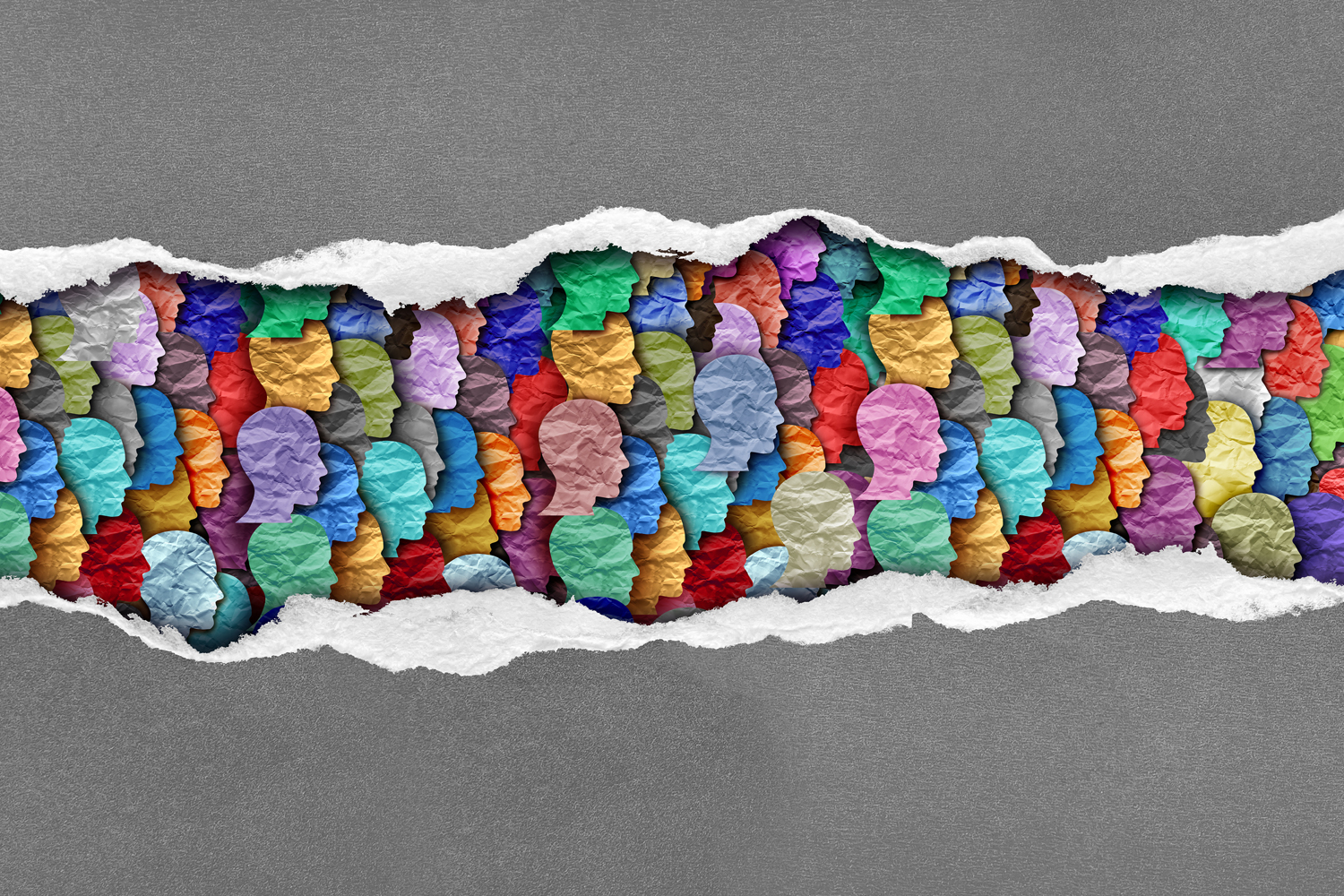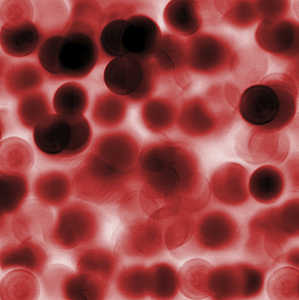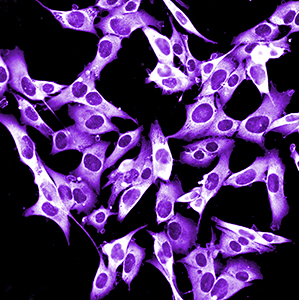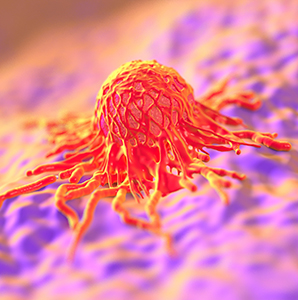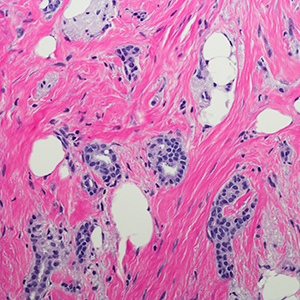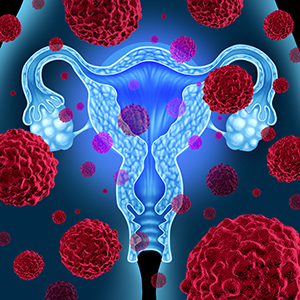-
Forward Look
A Blood Test for CancerLiquid biopsies are a leading edge of cancer research.
by Stephen Ornes
-
Forward Look
Melanoma Risk Increased in Some Lymphoma SurvivorsStudy pinpoints group that may benefit from close surveillance.
by Sharon Reynolds
-
Forward Look
Aspirin Recommended to Reduce Colorectal Cancer RiskTask force formally recognizes the benefits, with caveats.
by Yasmine Iqbal
-
Forward Look
Fine-Tuning Treatments for Triple-Negative Breast CancerStudies aim to identify best available treatments and find new ones.
by Cameron Walker
-
The Power of 1
Studies focused on individuals rather than large numbers of people can help some patients while advancing knowledge.
by Stephen Ornes
-
Healthy Habits
What’s The Beef?Get the facts about meat consumption and cancer risk.
by Brenda Conaway
-
Forward Look
Should the Age to Buy Cigarettes Be 21?Q&A with CDC's Brian King on reducing teen access to tobacco products.
by Chris Palmer
-
Forward Look
Reducing Re-excisionNew guidelines and techniques aim to limit additional breast cancer surgeries.
by Kendall K. Morgan
-
Forward Look
Uterine Cancer Rates on the RiseStudy finds deaths are highest among African-American women.
by Brenda Conaway
Cancer Talk
Celebrity Cancer Stories Can Lack Important Information
News coverage about public figures facing cancer frequently leaves out key details about the diagnosis and fails to provide background information on cancer.
by Laura Gesualdi Gilmore
AACR Annual Meeting 2025Immunotherapies, cancer vaccines and more from Cancer Today’s coverage of the AACR Annual Meeting 2025.
Redefining Cancer SurvivorshipAs people with advanced disease live longer, they face physical and mental health side effects. Patient advocates say research and care must focus on their unique needs.
by Thomas Celona
Family of Henrietta Lacks Works for ‘Health Intelligence’Alfred Lacks Carter Jr. and other family members honor the legacy of Henrietta Lacks by helping others better understand their health care.
by Kevin McLaughlin

